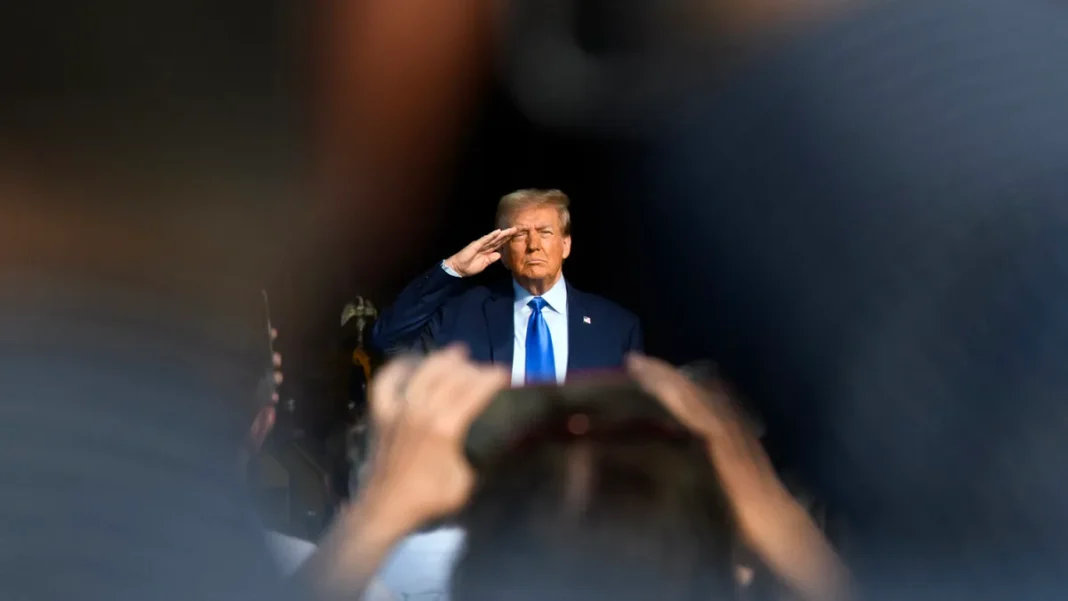“The world has changed,” said Chancellor Rachel Reeves—and hours later, the truth of that statement echoed once again.
In recent days, that phrase has become a familiar refrain in Westminster. It’s being used to explain the swift shift in priorities and spending plans unveiled in Reeves’ Spring Statement. What it really reflects, however, is growing unease about one major global factor: Donald Trump’s return to the White House.
In a striking press conference, the U.S. president declared a sweeping new import tax—25% on all foreign cars purchased by the United States. That announcement instantly cast a long shadow over Britain’s economy. The United States is the UK’s second-largest car export market, just after the European Union.
Faced with this volatile development, the UK government has taken a cautious, calculated approach. Two months into Trump’s second term, ministers have opted to engage quietly behind the scenes while publicly remaining tight-lipped.
The unofficial motto seems to be “If in doubt, say nowt,” with British officials resisting the urge to comment openly on Trump’s policies to avoid provoking his ire. Meanwhile, talks to secure a US-UK trade deal are ongoing—an effort that might provide some cushion against the impact of Trump’s unpredictable trade decisions.
But behind closed doors, significant energy is being spent trying to anticipate what might come next. With new tariffs looming and negotiations in progress, uncertainty is now the only certainty.
The Office for Budget Responsibility (OBR), tasked with charting Britain’s fiscal future, is doing its best to navigate this swirling unpredictability. In its latest economic and fiscal outlook, the OBR acknowledges the ever-shifting landscape: “Following the election of a new US administration in November, US trade policies and those of its major trading partners remain in flux.”
That may be an understatement.
The OBR outlines a range of potential outcomes, including scenarios in which the U.S. raises tariffs by 20 percentage points—not just on other nations, but on the UK as well. The most severe scenario involves countries retaliating with their own tariffs on U.S. goods.
In that case, the OBR warns, the damage could be catastrophic: Britain’s carefully balanced fiscal strategy would be thrown off course, with nearly all of Reeves’ available fiscal “headroom” erased.
Ministers are hoping to avoid that possibility at all costs.
Especially with “Liberation Day” approaching—a date coined by Trump, expected to usher in a wave of new tariffs.
Chancellor Reeves confirmed that “intense negotiations” are under way with American officials, covering tariffs on vehicles, steel, and more. “We don’t want to get into a trade war,” she said, urging restraint just days before the expected policy shift.
As tensions rise and talks continue, one thing is clear: the world has changed—and it isn’t finished changing yet.
For more Political News updates, follow London pulse News.


